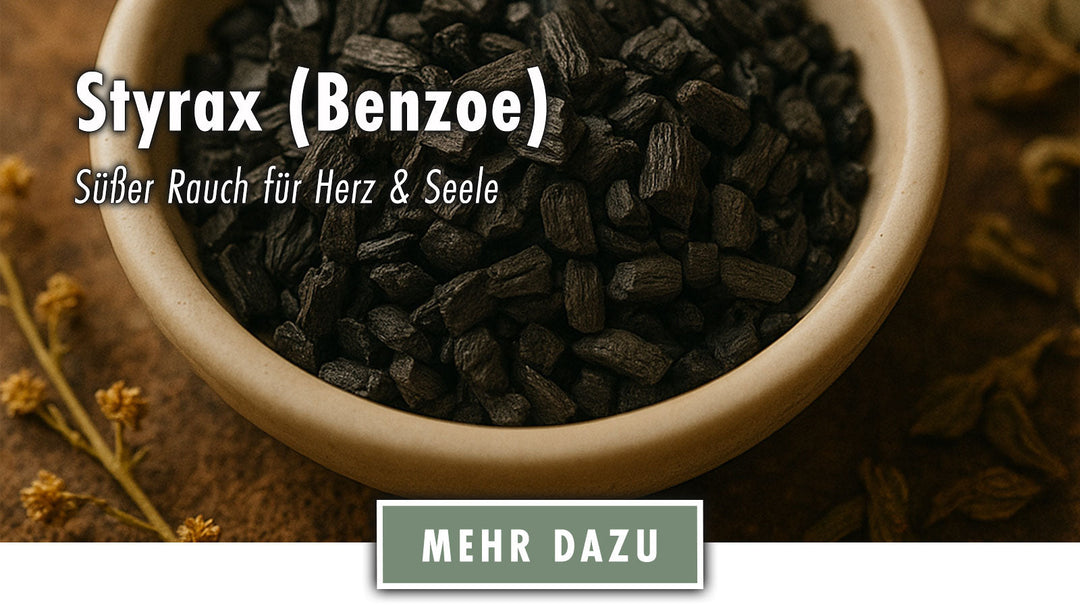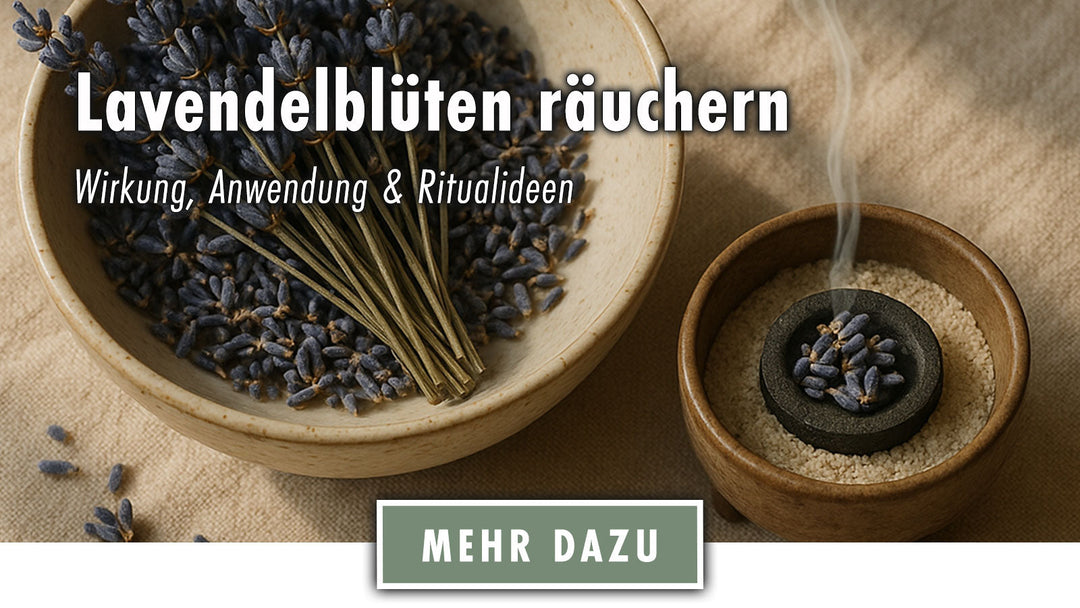Cumin: Wonder Spice with Health Benefits - Everything You Need to Know

Cumin - The versatile spice with numerous health benefits
Cumin, also known as Cuminum cyminum, is an aromatic spice used in many cuisines around the world. In this blog post, you will learn all about cumin, its health benefits, uses in the kitchen, and answers to the most important questions about this versatile spice.
What is cumin?
Cumin is a spice plant that belongs to the Apiaceae family. The seeds of the plant are used in various dishes due to their intense aroma and flavor. Cumin is very common and popular in many countries such as India, Mexico, North Africa and the Middle East.
Health benefits of cumin
Cumin is not only a tasty spice but also rich in health benefits. Some of the main health benefits of cumin are:
- Digestive: Cumin can help reduce bloating and cramps and aid digestion.
- Antioxidants: Cumin contains numerous antioxidants that can help fight free radicals in the body and strengthen the immune system.
- Blood sugar control: Studies have shown that cumin can help regulate blood sugar levels, which is beneficial for diabetics.
- Cholesterol-lowering: Cumin can help lower LDL cholesterol levels and protect the cardiovascular system.
Using cumin in the kitchen
Cumin is a versatile spice that can be used in a variety of dishes. Here are some tips on how to use cumin in your cooking:
- Spice blends: Cumin is a main ingredient in many spice blends, such as curry powder, garam masala or taco seasoning.
- Marinades: Add cumin to marinades for meat, poultry or fish to create an intense flavor.
- Vegetable dishes: Cumin goes well with fried or braised vegetables such as eggplant, pumpkin or zucchini.
- Rice dishes: Enhance your rice dishes such as pilaf or biryani by adding cumin to create a special taste and exotic aroma.
- Bread and pastries: Cumin is a delicious ingredient in bread and pastry recipes such as flatbreads or savory cookies.
- Legumes: Use cumin to spice up lentil, chickpea or bean dishes and add an extra dimension of flavor.
Frequently asked questions about cumin
- Is cumin the same as caraway?
Although cumin and caraway have similar names and are both members of the Apiaceae family, they are different spices with different flavors. Cumin has a warmer, earthier flavor, while caraway is more sweet and slightly bitter.
- Can I replace cumin with another spice?
If you don't have cumin on hand, you can use ground coriander or caraway seeds instead, but keep in mind that this will slightly alter the flavor of your dish.
- How should cumin be stored?
Store cumin in an airtight container in a cool, dark place to preserve its flavor and freshness. Whole cumin seeds last longer than ground cumin, and it is recommended to grind them only when needed for the best flavor.
- How long does cumin last?
Whole cumin seeds can last up to three years, while ground cumin will last about six months to a year. Check the aroma before using the spice to make sure it is still fresh.
In conclusion, cumin is a versatile spice with numerous health benefits. Using cumin in your cooking can not only enhance the flavor of your dishes but also help promote your health. Try some of the tips above to incorporate cumin into your daily diet and discover for yourself the wonders of this valuable spice.

Cumin direct to product link


